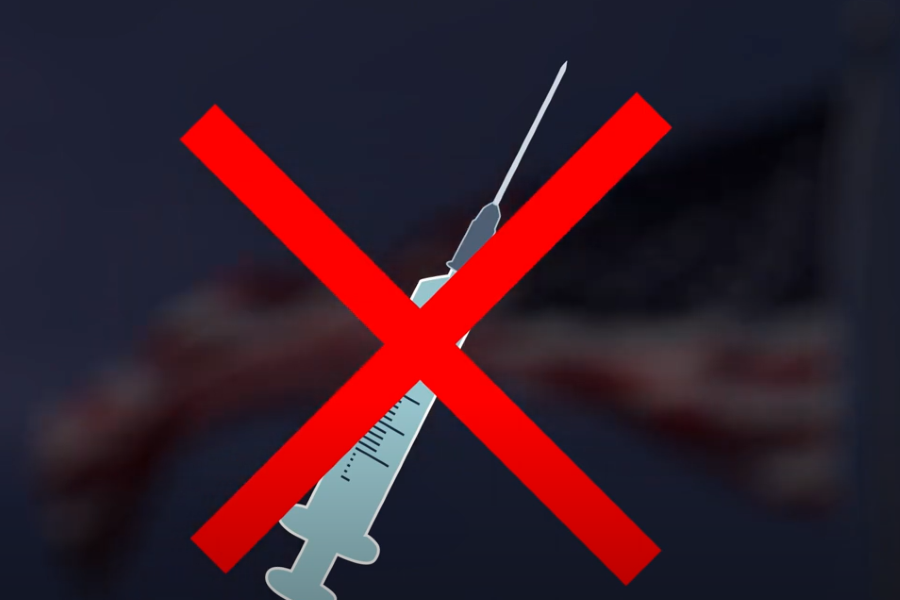
by Kai Lengwiler | 14 Mar 2022 | Contest winners, Educators' Catalog, Europe, Health and Wellness, Politics, Realgymnasium Rämibühl Zürich, Student Posts, Youth Voices
What’s the best way for a country to curb heroin addiction? My nation, Switzerland, offers an example for the world to follow. This video won first prize in News Decoder’s 11th Storytelling Contest. The year is 1985, and Switzerland is faced with one of...
Video is the flavor of the day for both mainstream and social media, but few know how much work goes into a quality product. Kai Lengwiler of Realgymnasium Rämibühl Zurich weaves extensive research, including exclusive interviews, and compelling music and images into his 14-minute video that examines Switzerland’s controversial approach to combating the use of hard drugs. Lengwiler promises that viewers will have a better understanding of drug epidemics and how to fight them after watching the video, and he lives up to his promise.
Exercise: Ask your students to produce a three-minute video exploring an issue of global concern, including excerpts of at least one exclusive interview and rights-free music.
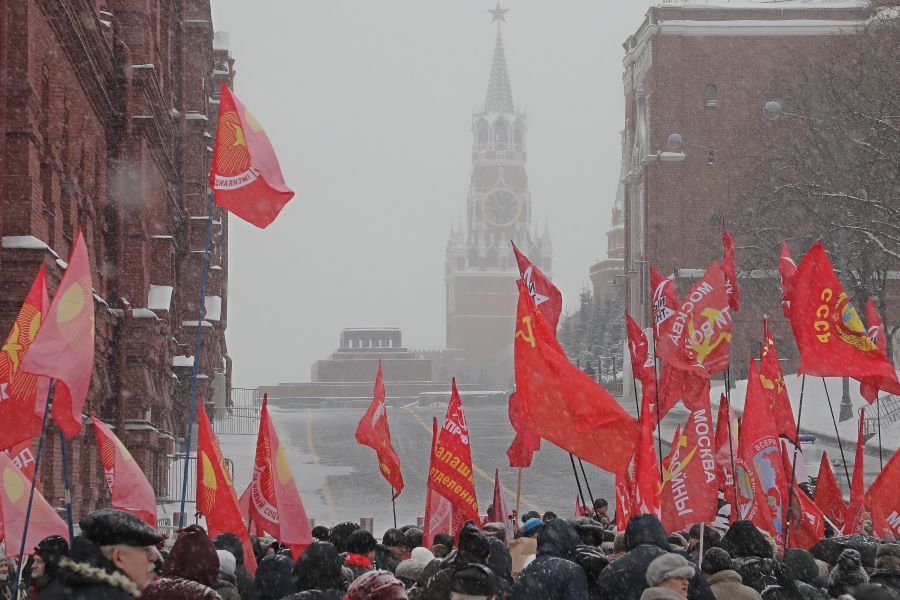
by Julian Nundy | 7 Mar 2022 | Asia, Conflict, Decoders, Educators' Catalog, Europe, Future of Democracy, Human Rights, Politics, Ukraine
Russian President Vladimir Putin has said the fall of the Soviet Union was a catastrophe. What was the USSR, and what does Putin really want? Russian communist party supporters commemorate the death anniversary of the founder of the former Soviet Union, Vladimir...
It’s next to impossible to fathom why Russia might have invaded Ukraine without understanding the Soviet Union and Vladimir Putin’s attachment to the notion of an empire led by Moscow. Few are better placed than Julian Nundy, whose links to Ukraine go back more than half a century, to explain the complex relationship between Russia and its western neighbor. In his decoder, Nundy takes the reader from the upheaval of the Russian revolution to the collapse of the USSR and, with it, Russia’s loss of buffer states – for Putin, an intolerable affront.
Exercise: Ask your students to choose a revolution – if their country had a revolution, then that should be their focus – and to assess the good that may have come out of it, and the bad.
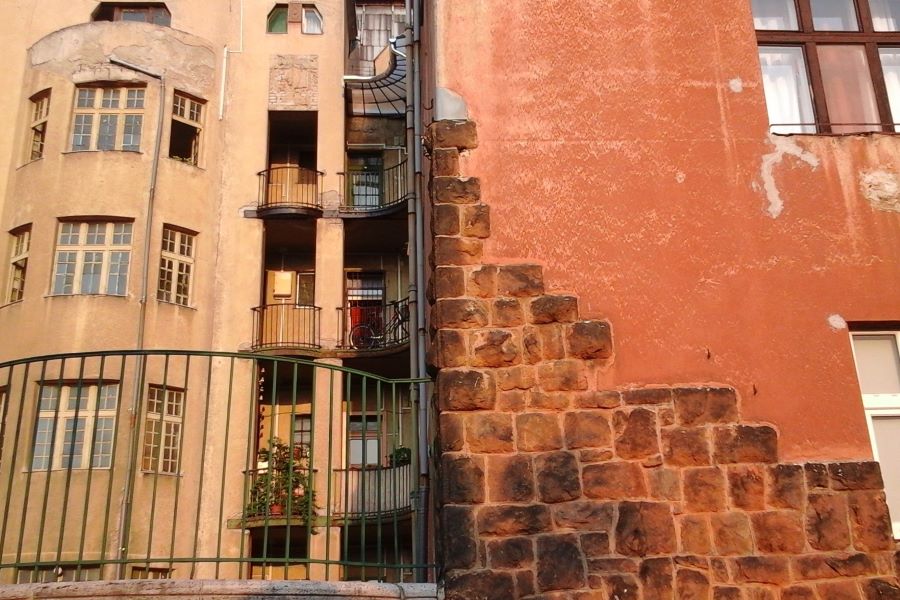
by Helen Womack | 1 Mar 2022 | Europe, Future of Democracy, Government, Human Rights, Immigration, Nationalism, Politics
As leader of Hungary, Viktor Orbán has thumbed his nose at EU values. Elections in April will test whether Hungarians want his “illiberal democracy.” An old tenement block in the Budapest district of Angyalföld, which reflects the split in Hungarian...
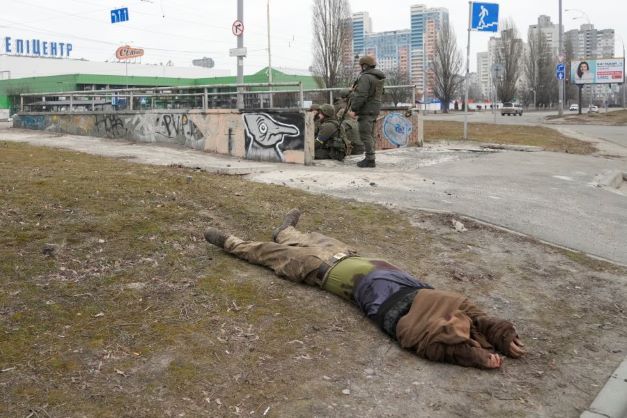
by Nelson Graves | 25 Feb 2022 | Conflict, Europe, Future of Democracy, Politics, Ukraine, World
Russia’s invasion of Ukraine threatens the global order that has spared us world war. In an era of nuclear weapons, our very survival could be at risk. A body of a dead soldier lies on the ground next to Ukrainian Army soldiers in Kyiv, Ukraine, 25 February 2022. (AP...
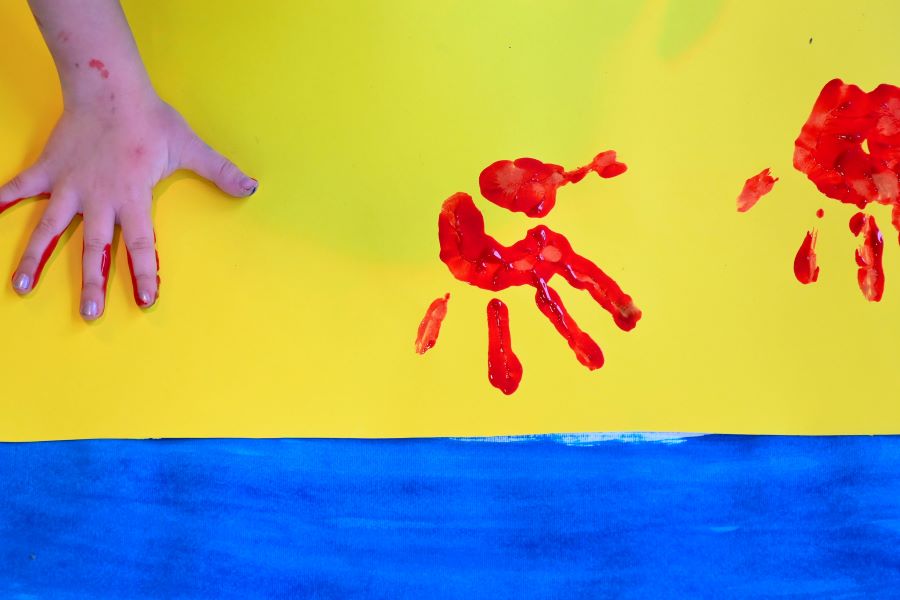
by News Decoder | 24 Feb 2022 | Conflict, Educators' Catalog, Europe, Future of Democracy, Joe Biden, Ukraine, World
We asked News Decoder correspondents why young people should care about Russia’s invasion of Ukraine. Here’s what they said. An Ukrainian child stamps her painted hand on the Ukrainian flag during a protest outside the Russian embassy in Beirut, Lebanon,...
Russia’s invasion of Ukraine dominates the news. With so much changing so rapidly, it can be difficult to get a big picture view of the context, implications and side effects of the attacks. When you live far away from the conflict, it can be difficult to know why you should care, with all the other problems in the world, and what — and who — to believe.
In this compilation, News Decoder correspondents offer different perspectives to consider about the war in Ukraine and potential consequences around the globe — and even in space. They bring decades of experience covering politics, foreign affairs and conflict — many having been based in Russia and Eastern Europe — to help place the invasion in a larger context. Their commentary provides a launching point for discussion.
Exercise: Ask students what questions they have about Ukraine and how the conflict might have an impact on your country.
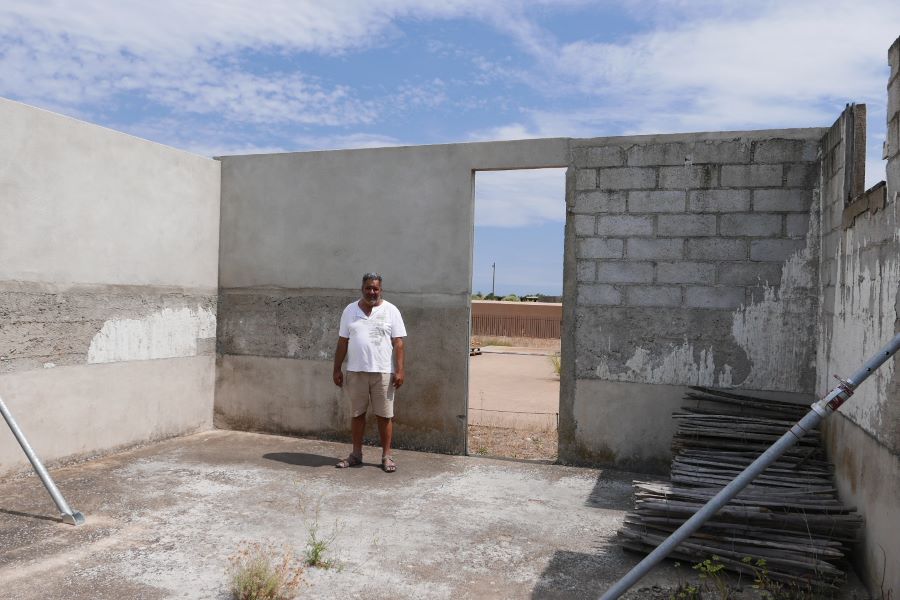
by Birgit Kaspar and Alistair Lyon | 21 Feb 2022 | Africa, Conflict, Europe, Human Rights, Politics
It’s been 60 years since Algeria won freedom. The nation’s former ruler, France, is still struggling with its colonial legacy, national identity and values. Abdelkrim Sid, son of a “harki” who fought for France in Algeria, stands in a derelict...
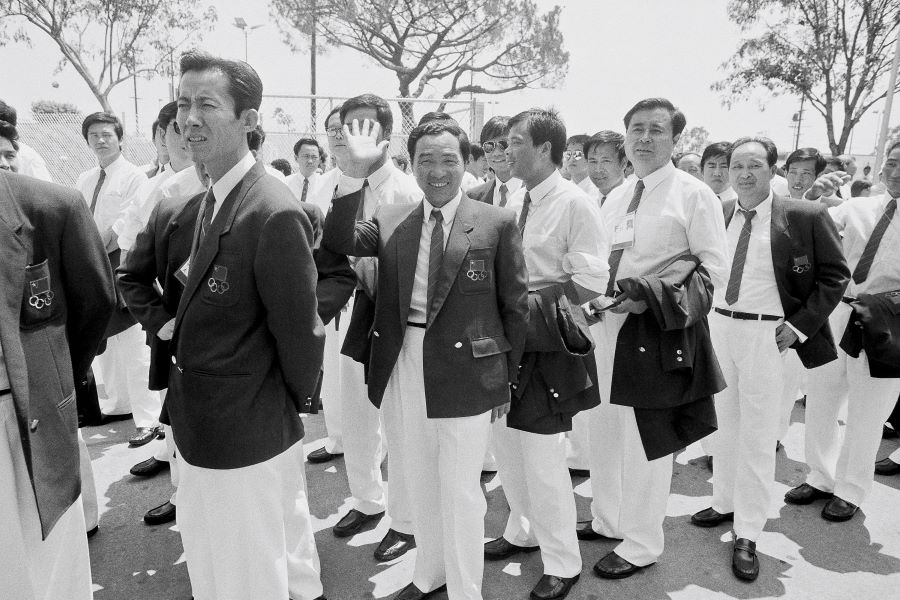
by Jonathan Sharp | 16 Feb 2022 | China, Europe, Eyewitness, Politics, Sport, United States
Fewer than four decades ago, an emerging China joined its first Olympic Games. Like today, geopolitics loomed large at the Los Angeles event. Members of the Chinese Olympic team line up before the opening ceremonies of the 1984 Summer Olympics in Los Angeles, 28 July...
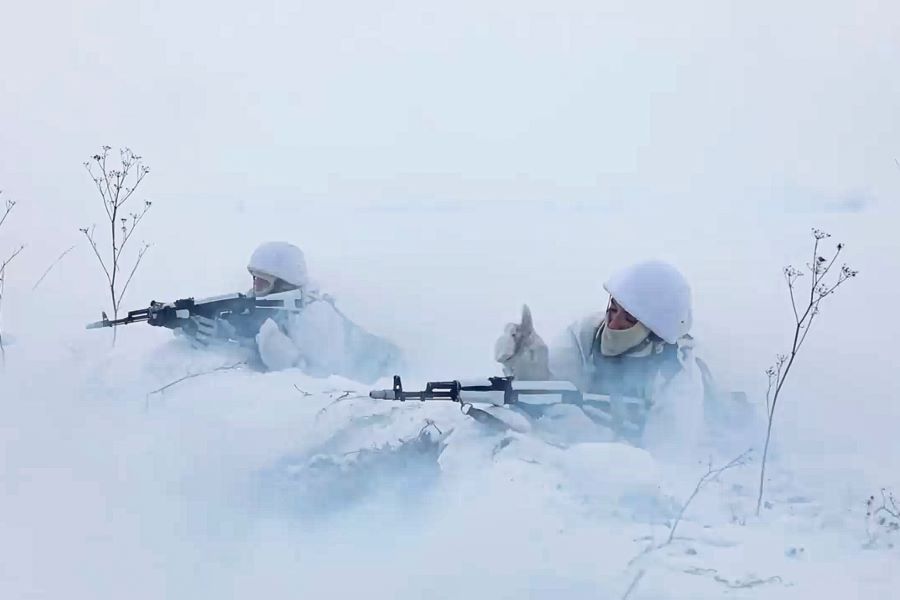
by Natasha Comeau | 14 Feb 2022 | Conflict, Decoders, Europe, Ukraine
Neighbors Russia and Ukraine share a common history that looms over Europe’s deepest security crisis in decades. In this image released by the Russian Defense Ministry Press Service on 2 February 2022, Russian soldiers attend military training at the Yurginsky...
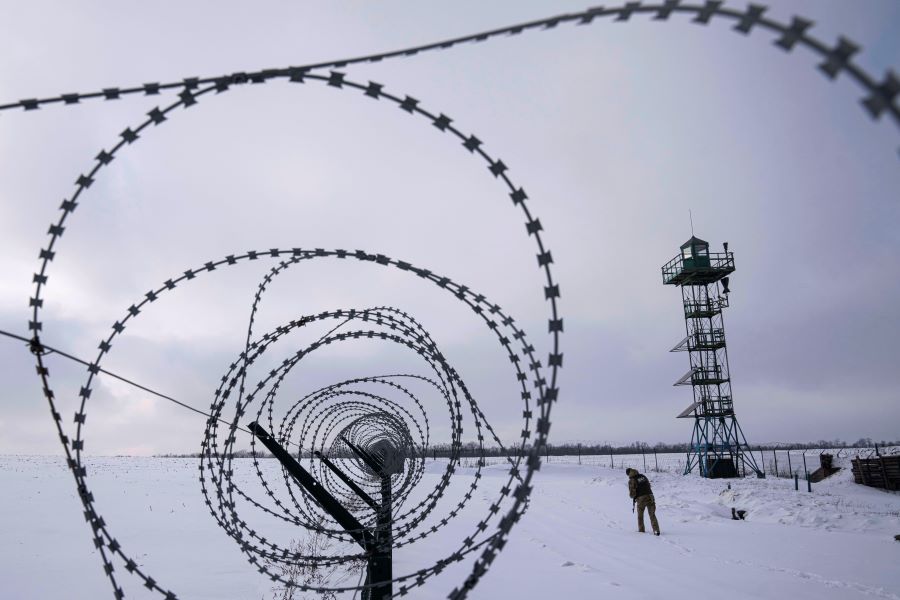
by Daniel Warner | 4 Feb 2022 | Conflict, Educators' Catalog, Europe, Joe Biden, Politics, Ukraine
Reminiscent of tensions during the Cold War, the Ukraine crisis represents the most serious East-West confrontation since the end of the Soviet Union. A Ukrainian guard patrols the border with Russia near Hoptivka village, Kharkiv region, Ukraine, 2 February 2022. (AP...
For a deeper dive into the history leading up to the war in Ukraine, consider this report from Daniel Warner, a political scientist, lecturer and expert in international organizations. While diplomatic negotiations have failed, the article provides an overview to decode historic ties between Russia and Ukraine, NATO’s actions, the potential impact on energy supply chains and thoughts on the future of the security architecture of international alliances.
Exercise: This article was written three weeks before the conflict began. Ask students to compare the theoretical discussion of conflict to what is happening in reality. What do they think was the tipping point for Russia to invade?
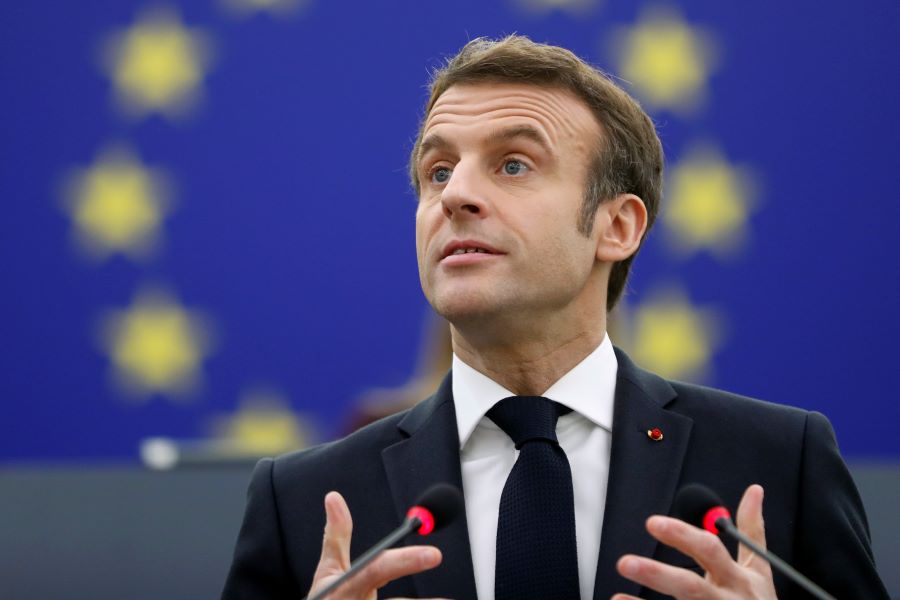
by Robert Holloway | 3 Feb 2022 | Europe, Government, Politics
French voters may have their minds on other matters ahead of April’s election, but President Emmanuel Macron stands firmly for a strong Europe. French President Emmanuel Macron at the European Parliament in Strasbourg, France, 19 January 2022 (Bertrans Guay,...










